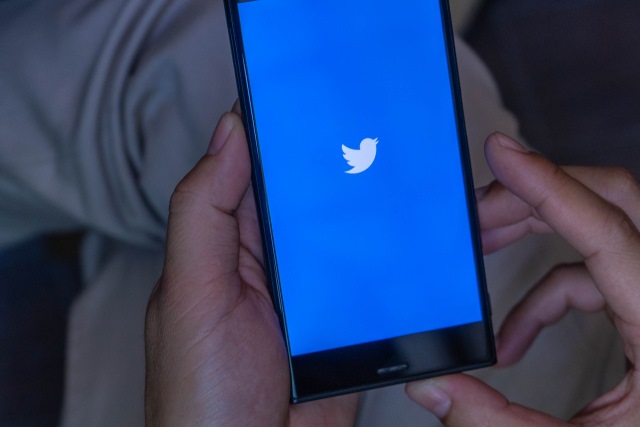Twitter bans Kaspersky Lab from buying ads

Its software is already banned from US government computers, and now Kaspersky Lab's advertisements have been banned from Twitter. The Russian security firm has been hit with an ad ban for "using a business model that inherently conflicts with acceptable Twitter Ads business practices".
Eugene Kaspersky has responded angrily in an open letter in which the company CEO says that even if Twitter reverses its decision, his company will not advertise on the platform, opting instead to donate the money to the Electronic Frontier Foundation (EFF) to fund the fight against online censorship.
See also:
- Kaspersky Lab plans Swiss data center to quell fears about Russian connections
- Twitter to ban an array of cryptocurrency ads
- Kaspersky reveals details of extraordinarily powerful Android trojan, Skygofree
- Kaspersky sues Trump administration over government software ban
Kaspersky is obviously not happy with the decision taken by Twitter, and is calling on the microblogging platform to provide more details about why the decision was taken. The company says that it was informed about the ad ban at the end of January, but it's not clear quite why Kaspersky has only just gone public about it.
In a letter addressed to "Mr. Dorsey and the rest of the senior management of Twitter", Eugene Kaspersky writes:
I see that of late you've been having concerns about the "health" of your social media platform, and how it can be used maliciously for spreading disinformation, creating social discord, and so on. As a long-time advocate of a safe and friendly internet, I share these concerns! Though I thought my company stood on the periphery of this social media storm, it turns out I was quite mistaken.
At the end of January of this year, Twitter unexpectedly informed us about an advertising ban on our official accounts where we announce new posts on our various blogs on cybersecurity (including, for example, Securelist and Kaspersky Daily) and inform users about new cyberthreats and what to do about them. In a short letter from an unnamed Twitter employee, we were told that our company "operates using a business model that inherently conflicts with acceptable Twitter Ads business practices."
He says that Twitter is "playing into the hands of cybercriminals when it hinders us providing users, for example, with timely, potentially important information on protection from cyber-extortionists", and calls on the platform to reverse its decision.
In a statement Twitter confirmed the action it had taken, saying: "This decision is based on our determination that Kaspersky Lab operates using a business model that inherently conflicts with acceptable Twitter Ads business practices. Kaspersky Lab may remain an organic user on our platform, in accordance with the Twitter Rules."
In addition to his open letter to Twitter, Kaspersky took to Twitter:
No matter how this situation develops, we won’t be doing any more advertising on Twitter this year.
The whole of the planned Twitter advertising budget for 2018 will instead be donated to the @EFF. They do a lot to fight censorship online.
— Eugene Kaspersky (@e_kaspersky) April 20, 2018
Kaspersky points out that his company's spending on Twitter advertising is not huge -- just over $94,000 in 2017 -- but he would rather use the money help fund the work of EFF.
Image credit: k.nopparat / Shutterstock
